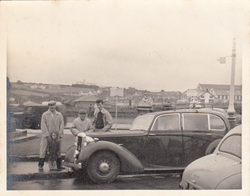
Another useful place is the The Genealogical Society in your state or local area.
Don't forget local, state and national libraries, national and states hold the electoral rolls and can provide lots of information.
About life, memories and meaning...
From Your Life Story Written
Rebecca Skinner, author and editor of
Celebrating Life's Chapters
 Once you've started the quest to find information on your family, any blank dates can be filled in from your relevant state’s Registry of Births, Deaths and Marriages. Most have online search functions. Another useful place is the The Genealogical Society in your state or local area. Don't forget local, state and national libraries, national and states hold the electoral rolls and can provide lots of information.
0 Comments
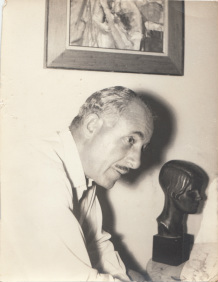 If you are trying to get some information or stories from a close relative, to help construct a family tree or life story, they may be reluctant to open up to you. How do you handle this? With a parent or close family member, they may wonder why you you want to learn more about them. It's important to reassure them that there are some stories you’d like to hear again. You can also explain that while you know a lot about them already, there are some things you don't know about. Maybe, things you were told years ago and you don't remember well. You can also give a couple of examples of things you have always been curious about – but know nothing about. 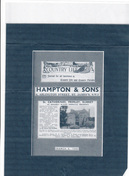 A good tip when researching your family tree on the internet is to keep a list of which sites you've been to. It's all too easy to forget where you've been and keep on going back to the same sites - trust me, I know! Also it's worth noting where you got certain information from, just in case you want to go back and add some more. Obituaries are a good place to look and you can research them on the net. As family trees work their way back in time from the present, looking for information on recently deceased relatives can sometimes be a treasure chest of information on family units, people and spouses plus date of birth, death and place of burial. This could even help you to find living relatives who could offer more information on your family tree. 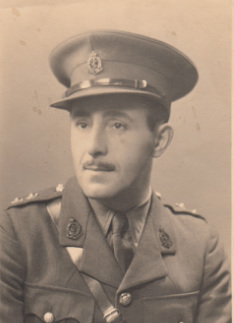 My father would never talk about the war. He just wouldn't answer any questions. The subject was clearly 'verboten'. So, when you're trying to find out stories about your family and are questioning relatives, don't be surprised if sometimes they are not forthcoming. They may think their lives are boring or they don't recall the past clearly. Also they may be afraid they may be drawn into sensitive topics that they would rather leave well alone. Show you are sincerely interested, go gently and don't be judgemental. And remember, sometimes a stranger can have more luck in the interview process. 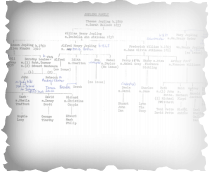 The chances are that someone in your family has already started a family tree. But like the one I was given, it may have just one side of your family and need lots of adding to. I also found another in an old family bible. But if you're starting your own from scratch write the name or names of your eldest known relatives at the top, with birth and death dates if known and any other information you know and organise it in a chart flowing down from the oldest to the youngest, connecting spouses by horizontal lines and children to their parents with vertical lines. Leave spaces to add more entries as you find out more. The internet offers incredible assistance, I was able to find out amazing things about my family there even though they are from England. Local libraries also have geneology databases that you can use. Go to this E-How link for more help...Read more: How to Trace Your Family Tree for Free | eHow http://www.ehow.com/how_7256510_trace-family-tree.html#ixzz2TQb9yeeQ 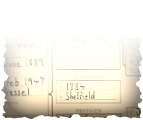 Take a deep breath, and pick up the phone! Call up all your relatives who you think will be able to share some family names and history and stories with you. If you are fortunate enough to have your parents available to you, start with them and then branch out to other relatives. Take along either a copy of the family tree you already have, or start a new one. Tips on how to do a family tree coming next... 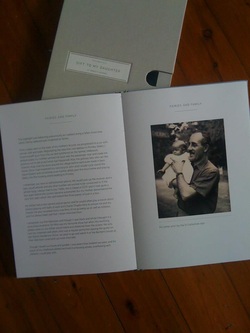 'Ethical Wills' are a Jewish tradition and the Hebrew Bible first described them 3,000 years ago (Genesis Ch.49). Ethical Wills, which are not legal documents, can be either the life story of the person who is nearing death, the lessons they've learnt and wish to pass on or even their dreams and wishes for their family members. They can also be written at times of transition in someone's life. Have you written an Ethical Will? If not, the benefits are huge. It could be the most meaningful gift you could leave to your family. |
AuthorRebecca Skinner has been a journalist and editor for more than 30 years working in newspapers, magazines, TV and radio. Her caring nature enables her to put people quickly at ease to help prompt their memories. As a writer she can weave anyone's story into a professionally written and produced book that makes compelling reading. Archives
April 2018
Categories
All
|